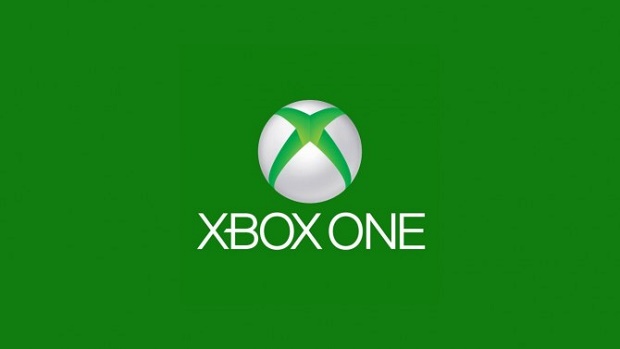The console market is unlike any other form of consumer electronic market, simply because of how long a product cycle is- for every other consumer electronic, we see rapidly accelerated product life cycles. There is a new generation of laptops, smartphones, tablets, cameras, and GPUs and CPUs every few months, at most a year. This is unlike the console market, where console cycles can often last as long as a single decade, often leading to extremely outdated hardware, and compromised software as a result.
We have seen some attempts at hardware upgrades in the past, even for consoles- notably, Nintendo and Sega toyed with the idea of expanding and upgrading the RAM capabilities of their N64 and Saturn consoles. Nintendo has also experimented with the concept with their handhelds, with half steps like Gameboy Color, Nintendo DSi, and New Nintendo 3DS being prime examples. Nintendo has also suggested that it may look at moving to a more smartphone like product cycle for its hardware in the future, starting with NX.
And now, this is also an idea that Microsoft is flirting with- having more accelerated product cycles for Xbox. Speaking at the Spring Showcase (transcript by Polygon), Spencer said, “We see on other platforms whether it be mobile or PC that you get a continuous innovation that you rarely see on console,” he said. “Consoles lock the hardware and the software platforms together at the beginning of the generation. Then you ride the generation out for seven or so years, while other ecosystems are getting better, faster, stronger. And then you wait for the next big step function.
“When you look at the console space, I believe we will see more hardware innovation in the console space than we’ve ever seen. You’ll actually see us come out with new hardware capability during a generation allowing the same games to run backward and forward compatible because we have a Universal Windows Application running on top of the Universal Windows Platform that allows us to focus more and more on hardware innovation without invalidating the games that run on that platform.
“We can effectively feel a little bit more like we see on PC, where I can still go back and run my old Doom and Quake games that I used to play years ago but I can still see the best 4K games come out and my library is always with me. Hardware innovation continues while the software innovation is able to take advantage and I don’t have to jump a generation and lose everything that I played on before.”
Polygon later caught up with Spencer privately, in an attempt to get him to elaborate on what he may have meant. Spencer refused to get specific, but he did end up stating just a teensy bit more regardless.
“We look at these other ecosystems out there like mobile, tablet and PC and we see that they have a very continuous evolution cycle in hardware, whereas between console generations most of the evolution is making it cheaper and potentially making it smaller.
“Both are meaningful but don’t make the games play any better. If you look at PC specifically and see the evolution that happens there, there’s no reason why console can’t ride that same curve.
“I look at the ecosystem that a console sits in and I think that it should have the capability of more iteration on hardware capability. Sony is doing this with VR and adding VR capabilities mid-cycle to the PlayStation 4 and they are doing that by adding another box. I don’t mean that as a negative. But it’s not changing what the core console is about.
“For consoles in general it’s more important now than it’s ever been, because you have so many of these other platforms that are around. It used to be that when you bought your console you were way ahead of the price performance curve by so much, relative to a PC. But now PCs are inexpensive and your phones are getting more and more capable.
“I still think a console is the best price to performance deal that is out there but when you look at the evolution … I’m not going to announce our road map for hardware … but what I wanted to say on stage for people when they see this vision of ours and question our commitment to console I want to make sure that people see that what we are doing enables us to be more committed to what consoles are about than we’ve ever been and innovate more consistently than we ever have. That’s the key for me.”
It sounds like between PlayStation and their move towards VR, Nintendo and the NX, and Microsoft and whatever they have planned for the Xbox One, we may be in for an exciting time going forward.















